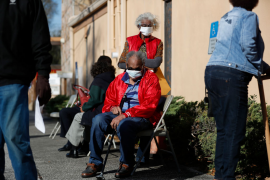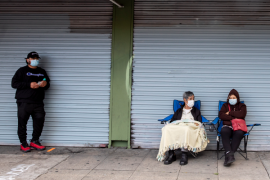How We Conducted This Study
The 2021 Commonwealth Fund International Health Policy Survey of Older Adults was conducted from March 1 to June 14, 2021, by SSRS, a U.S. survey research firm, and contractors in the other countries. The survey was administered to a nationally representative sample of adults age 65 and older in Australia, Canada, France, Germany, the Netherlands, New Zealand, Norway, Sweden, Switzerland, and the United Kingdom and of adults age 60 and older in the United States.
A total of 18,477 interviews were completed for the 2021 survey; final country samples (age 65 and older) ranged from 500 to 4,332. Interviews were completed either online or using computer-assisted telephone interviews.
A common questionnaire was developed, translated, adapted, and adjusted for country-specific wording as needed. Not all questions were asked in each country (as noted in the report exhibits). Interviewers were trained to conduct interviews using a standardized protocol. Response rates varied from 7.2 percent in the United Kingdom to 47.7 percent in Switzerland.
International partners joined with the Commonwealth Fund to sponsor surveys, and some countries supported the use of expanded samples to enable within- country analyses. Data were weighted to ensure that the final outcome was representative of the adult population in each country. Weighting procedures considered sample design, probability of selection, and systematic nonresponse across known population parameters, including region, sex, age, education, and other demographic characteristics deemed consistent with standards for each country. In the U.S., weighted variables also included race and ethnicity.
The margin of sample error for the 2021 International Health Policy Survey of Older Adults was approximately +/– 2 percent for Canada and Sweden; +/– 3 percent for France, Germany, Switzerland, and the United States; +/– 4 percent for the Netherlands and the United Kingdom; +/– 5 percent for Australia and New Zealand; and +/– 6 percent for Norway, all at the 95 percent confidence interval.



